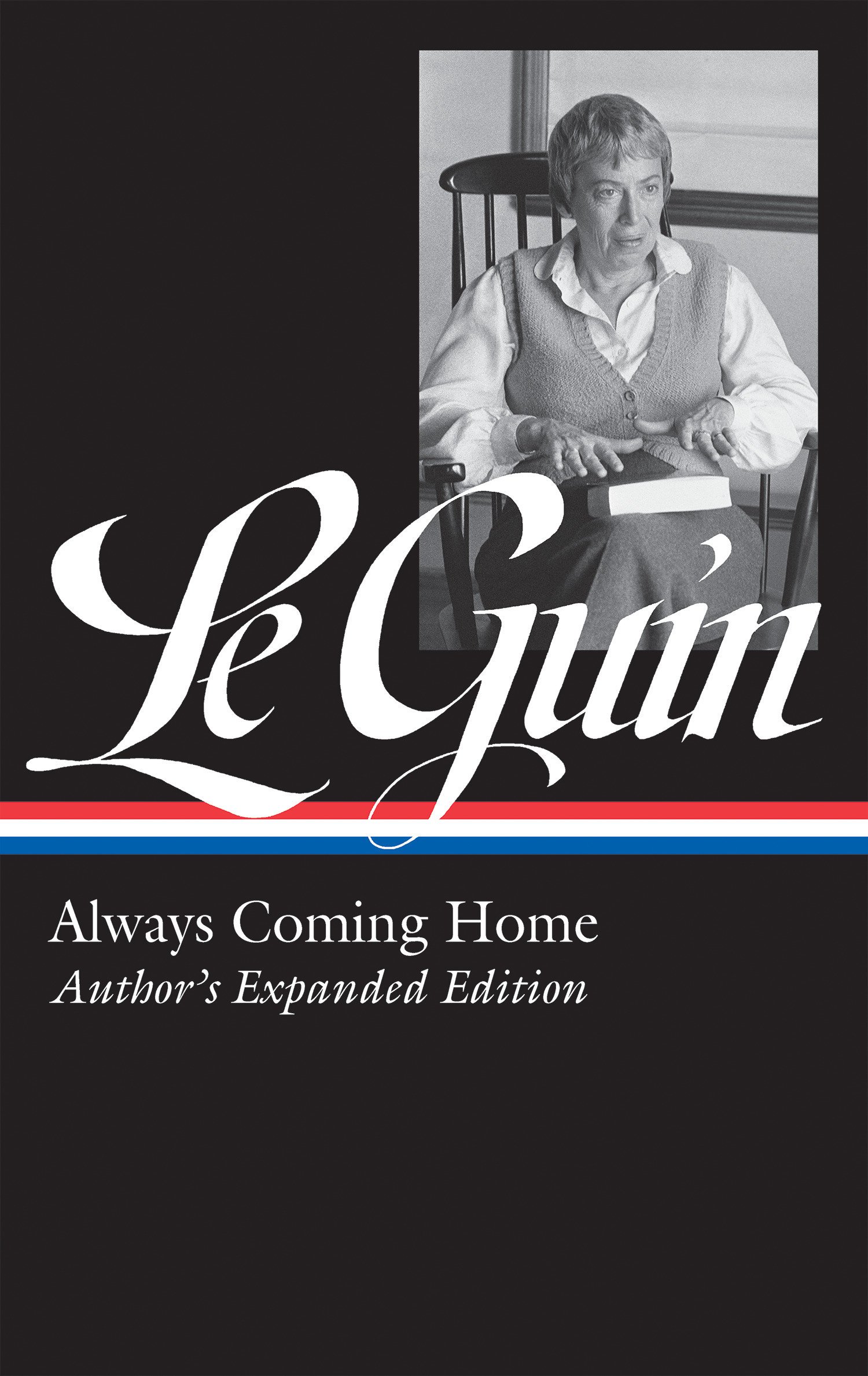An Anthropology of the Future
Monday, August 31, 2020 at 2:21am
I am about seventy pages into Ursula K. Le Guin’s Always Coming Home, and already I find I have much to say about this novel.
First, some background. At the 2019 International Conference for the Fantastic in the Arts, I attended a session about Le Guin’s novel The Lathe of Heaven. During the discussion, one of the audience members drew a comparison of the ecological themes in that book to the ecological themes in Always Coming Home. I remember that this individual remarked that she had been asked to write a review of the (then) new Library of America edition of the book, and she had said that she had been tempted to write that the novel was “not very successful.” Her stated reason was: “I have air conditioning and a car and an insulated house and these things make me comfortable. I like being comfortable.” I found these statements remarkable at the time, but without having the context of the novel, I was at a loss to draw any conclusions about them.
Now, I find I can provide some commentary.
Always Coming Home flaunts numerous conventions. First, there’s the matter of genre. Readers expecting any of the images, motifs, and tropes typically associated with “science fiction,” or even “speculative fiction” or “SF,” will be, I imagine, violently disappointed. What is presented is a society of people living in the Napa Valley at some unspecified time in the far future. They contain much that we would consider Medieval- or Renaissance-level technology, but their manner of living and social modes recall the native peoples of the Americas. Neither is this “fantasy,” for there is a clear projection into the future from our current real world to the imagined world of the book.
Not only is generic classification difficult, so is narrative mode. Rather than one of the many formats we might recognize as a “novel,” the table of contents of Always Coming Home presents a variety of short- to medium-length sections, all different: the transcribed tale of a storyteller, poems, pieces of a novel, the culture’s own fantastic/mythological stories, historical works, pictures, maps, a description of their language, music, festivals, and so on. The book has the feeling of fragments of an anthropological work have been strategically arranged for artistic effect, but there is so much intertextual reference that one may productively break the ordering. I wrote earlier that I am “seventy pages in,” but this is a bit of a misrepresentation, as I have already jumped around considerably. This can be done without fear of “spoilers,” as no one piece seems particularly capable of spoiling any other.
The Le Guin novels that get the most attention are her works of the 1960’s—A Wizard of Earthsea, The Left Hand of Darkness, and The Dispossessed. These are decidedly novels, and they are certainly easier to classify generically. I wonder if perhaps the reason Le Guin’s later work grew progressively less remarked upon was because her work becomes progressively subtler and more complex as one travels the chronology of her biblibography.
Perhaps I will change my mind as I read more, but I beg to differ with the analysis that Always Coming Home is “not very successful.” Although its pieces are varied, they fit together elegantly, no matter which order you read them in. This is likely the most exhaustively imagined invented human culture I have ever seen in a work of fiction (that categorization, at least, seems certain).
I would also challenge the idea that our visions of future progress, of utopia, need necessarily be ones in which everyone is comfortable and safe. Perhaps that very comfort and security is changing us in unhealthy ways. A future isn’t worth living in unless it includes insulation, automobiles and AC? Perhaps we could stand to imagine forms of living in which we have less, because the having changes us, and not necessarily for the better. Perhaps we should take a strong look at the things we “like.” Not everything one likes is good for them. Not every denial of something one likes by an authority should be viewed as “oppression.” Sometimes such denial is beneficial for a person, although they may in fact dislike it quite a bit.
In Always Coming Home, I see a vision of the future. Its exercise seems neither atavistic nor technocratic. It presents people living in relative harmony with their ecosystem and with those around them. It is certainly something unique. I will save my final judgment for a later date, but it seems doubtful I will arrive anywhere near “unsuccessful.”










